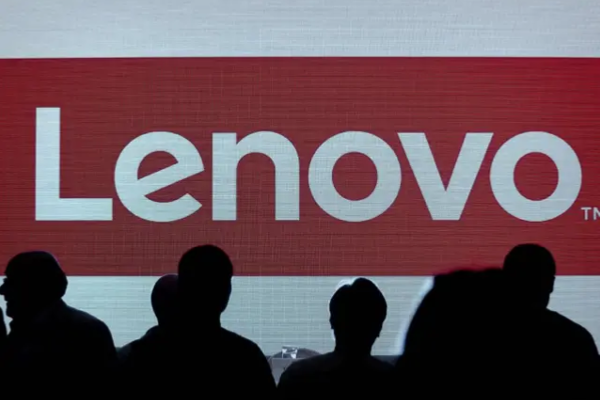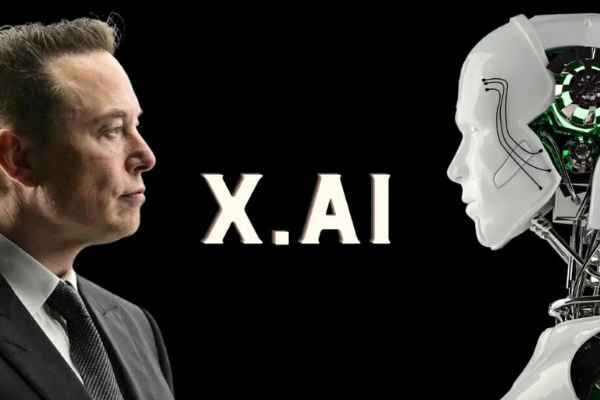Solana's advertisement failed. Should public chains take a political stance?
When Solana anchored its brand image to the Stars and Stripes and Base used business narratives to satirize the traditional financial system, cryptocurrencies had already irreversibly entered the arena of ideology.
While watching the first sister enter major cryptocurrency trading groups and the BNB Chain ecosystem in chaos, Solana and Base quarreled again. Both are regarded by the community as "American chains" to some extent, and they have completely broken up over ideology.
The "American Chain" advertisement has an obvious political stance, the community complains, and Base makes a move
The trigger this time was a deleted promotional video of Solana, which mainly contained an exchange between a consultant (symbolizing certain ideological trends in modern society) and a man named "American" (symbolizing traditional American values, innovative spirit and rational thinking).
American expressed interest in technological innovation, multi-planetary exploration, nuclear energy, cryptocurrency and artificial intelligence, but the consultant kept guiding him to focus on identity politics, gender identity and social constructionism, rather than actual action and progress.
American expressed his confusion and dissatisfaction to the consultant. He found that his rational thinking and innovative spirit were regarded as problems, and he was even cancelled for insisting on mathematical objectivity ("2+2=4"). After being forced to cooperate with regulatory policies, such as suppressing cryptocurrencies and slowing down nuclear energy approvals, American finally realized that he could not accept such a reality and decided to embrace innovation and hard work again. At the end of the conversation, he "fired" the consultant, symbolizing resistance to certain ideological trends in modern times.
At the end of the video, American broke out of the door, and the screen read "American is Back", followed by Solana's promotional information for a May meeting and the iconic LOGO symbolizing accelerationism.
The community had mixed reviews for this advertisement. Solana chose to delete the short film a few hours after the advertisement was released, but someone uploaded it to Zora for the community to Mint, and it currently has a market value of $120,000.
Base also "made a living" and released a short film about the transformation of an old car dealer. At first, he was immersed in traditional car trading and had no interest in cryptocurrencies. However, when faced with practical problems such as slow bank transfers, limited business hours, and inconvenient cash transactions, he began to think about new solutions. Finally, under the recommendation of a repeat customer, he accepted cryptocurrency.
Two options for public chain: mosque or chameleon?
While Solana was ridiculed for this advertisement, some people dug up its political donation campaign in 2020 due to the "Black Lives Matter" movement. Solana wrote "regardless of race or gender, everyone is equal, fairness and justice." Now it has released advertising content accusing transgender people of hindering innovation, and has been blamed by the community for being a political chameleon.
This is not the first time that Solana has had disputes with Ethereum, Base and other ecosystems. But the difference is that since Trump took office, the blockchain ecosystem entrenched in the United States, led by Solana and Base, has shown completely different political propositions and ideological choices from Ethereum.
Ethereum founder Vitalik has always adhered to his political stance, maintaining decentralization, rejecting political interference, avoiding speculation, and promoting technological and ecological innovation. He hopes that Ethereum can stick to its original values and attract more users through practical applications, rather than gaining short-term advantages by catering to politics or vested interest groups.
On social media, he bluntly stated that the Ethereum Foundation will avoid getting close to any politicians, and that people with different ideas can "not work together". Those who try to take advantage of politicians are on the wrong track, and Ethereum needs a clearer and more precise positioning.
On the other hand, Solana and Base, as well as crypto projects such as Cardano and Ripple have become Trump's guests.
In February this year, Solana updated its brand image, with the words "ACCELERATE" printed on the promotional banner, and the background was directly replaced with the American flag.
At present, the English community is arguing over the Solana short film. Some people say that they don't understand why such a strange position is chosen for an open source project like Solana (especially one based on cryptography), which is puzzling.
"Don't you realize that there are a disproportionate number of trans developers contributing to open source, cryptography, security, and intelligence software? Almost everyone who grew up in the cypherpunk culture knows at least one trans super developer or hacker who is legendary. The reason these communities are so admirable is that they always adhere to the creed: We don't care who you are, we only care about what you do."
Some people also support Solana's position, believing that since they have political resources, they should use them reasonably to maximize the benefits of ecological development.
Others think that this advertisement is very clever marketing, "Those who cry out that "cryptocurrency should be decentralized and politically neutral" have completely missed the point. This advertisement is designed to embarrass people and arouse anger. You all took the bait-which makes it more popular." This is indeed the case. Now everyone is spreading this short advertisement.
At the same time, the community has not stopped complaining about Ethereum. "You can say whatever you want about Solana's embarrassing marketing, but at least they are not afraid to try various things, no matter how stupid they seem. Ethereum is busy maintaining "trustworthy neutrality" and publishing a lot of clichés."
When Solana anchored its brand image to the Stars and Stripes and Base used business narratives to satirize the traditional financial system, crypto had already irreversibly stepped into the arena of ideology. This war of values of the "American chain" not only exposes the ambition of the public chain ecosystem to compete for political discourse power, but also reflects the deep contradiction between decentralization belief and pragmatic survival law.
Just as Bitcoin once tried to dissolve the sovereign will with algorithms, today's Layer1s are actively weaving political narratives - this may foreshadow the 2.0 script of the crypto revolution: technical protocols begin to learn to manipulate ideological tools, and the original doctrine of "trustworthy neutrality" is being redefined by more complex real-life games. When the code cannot prove its position, the future of the crypto world may no longer be judged by hash rate alone.









